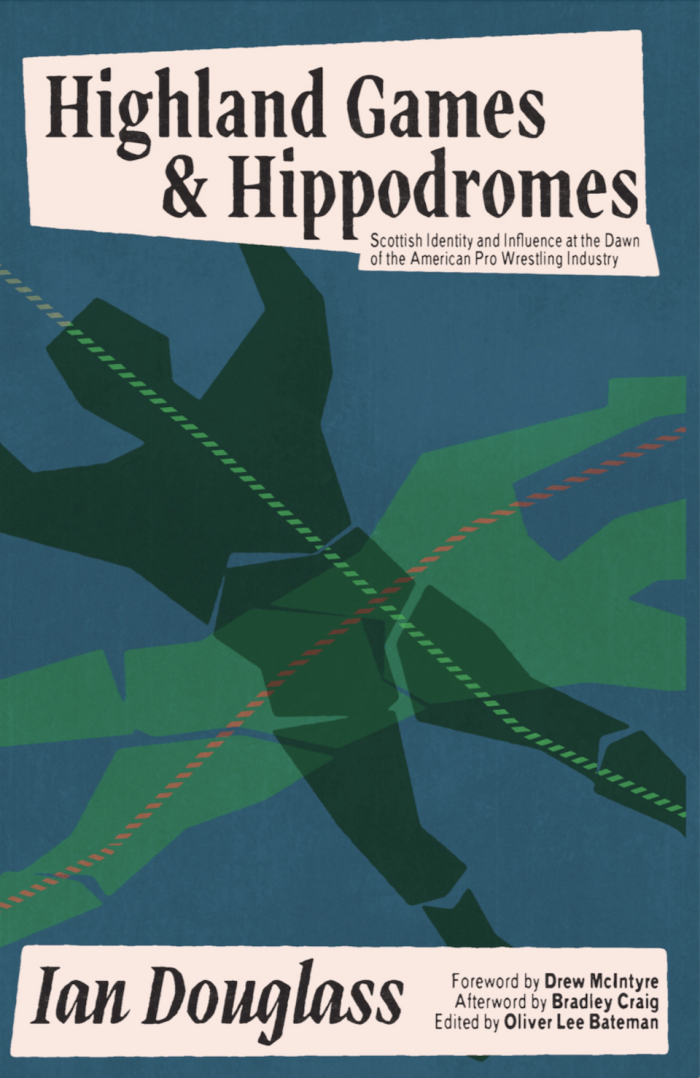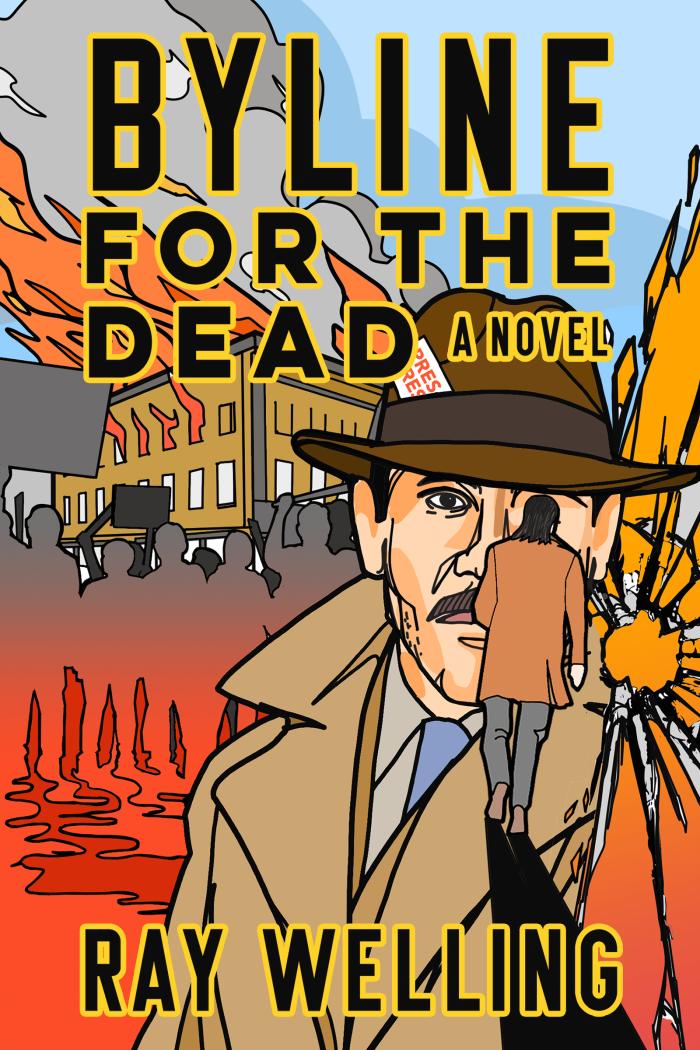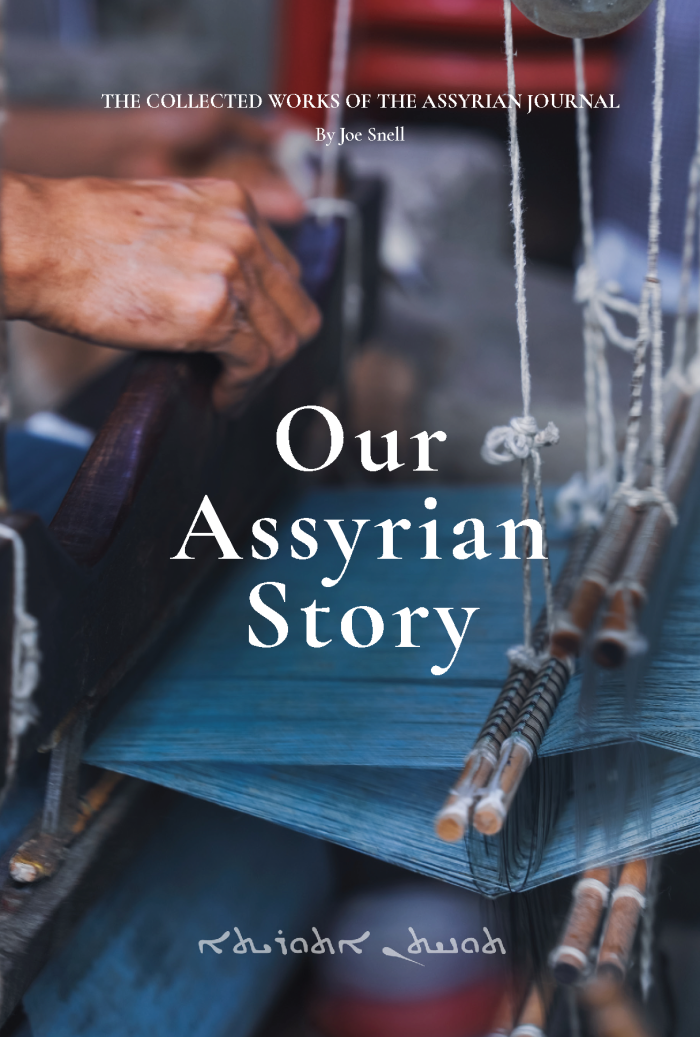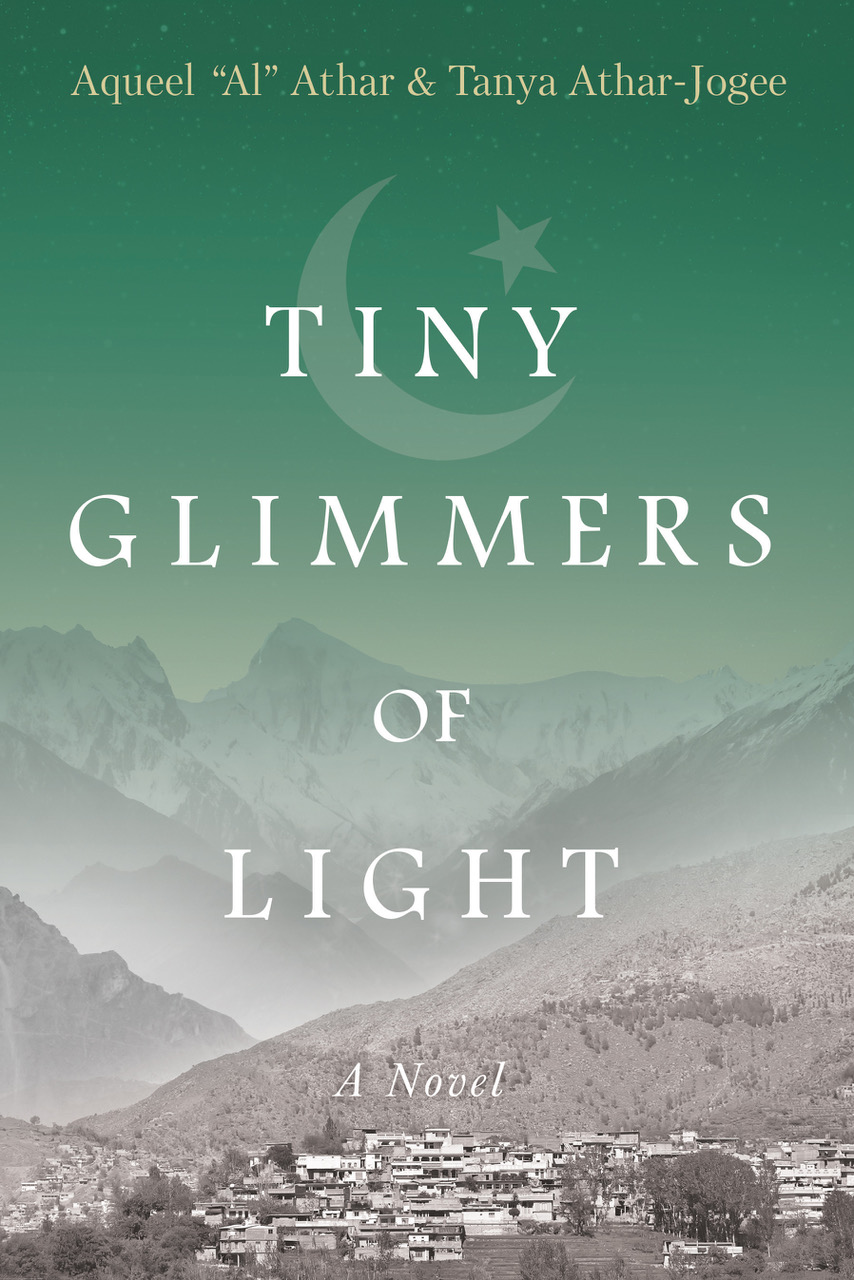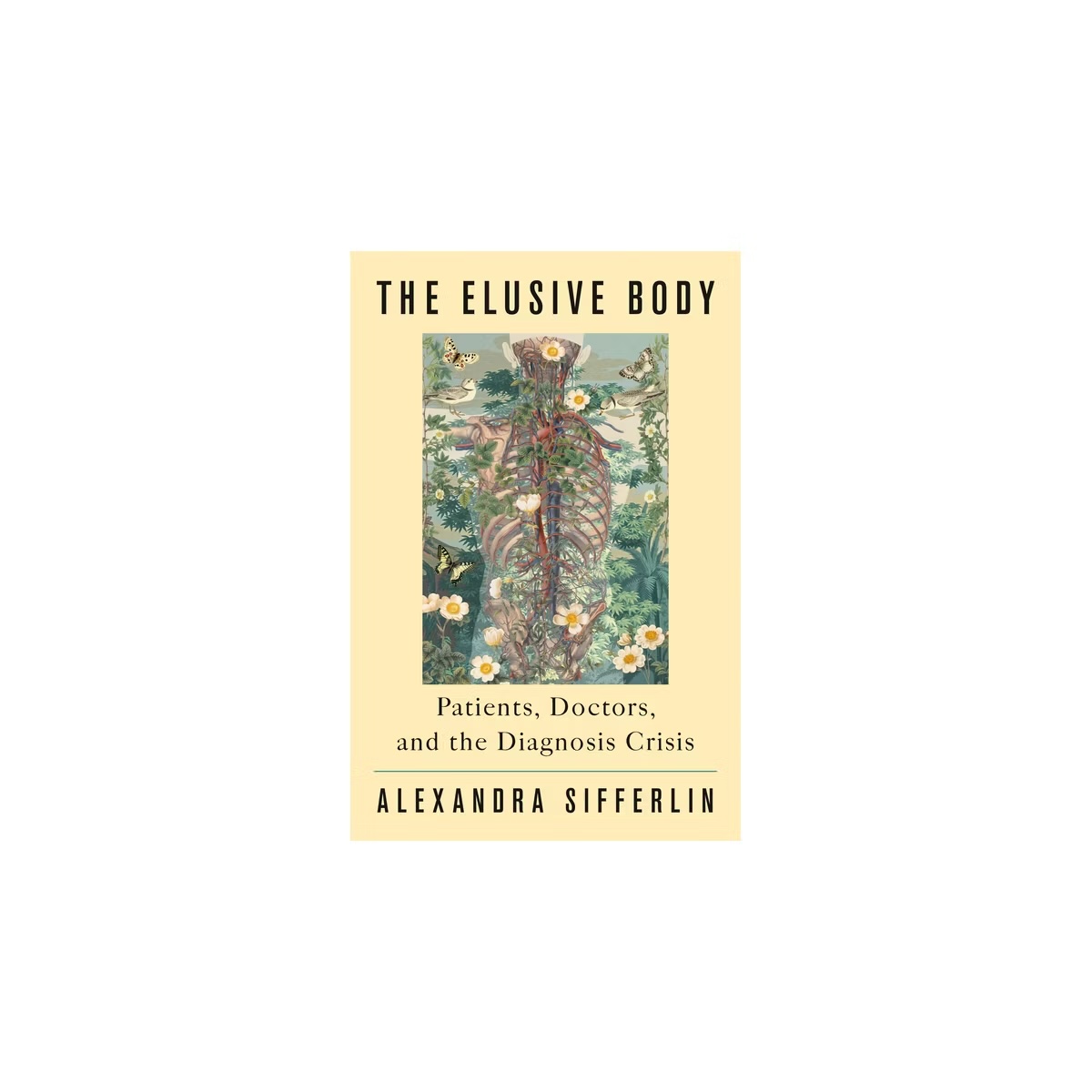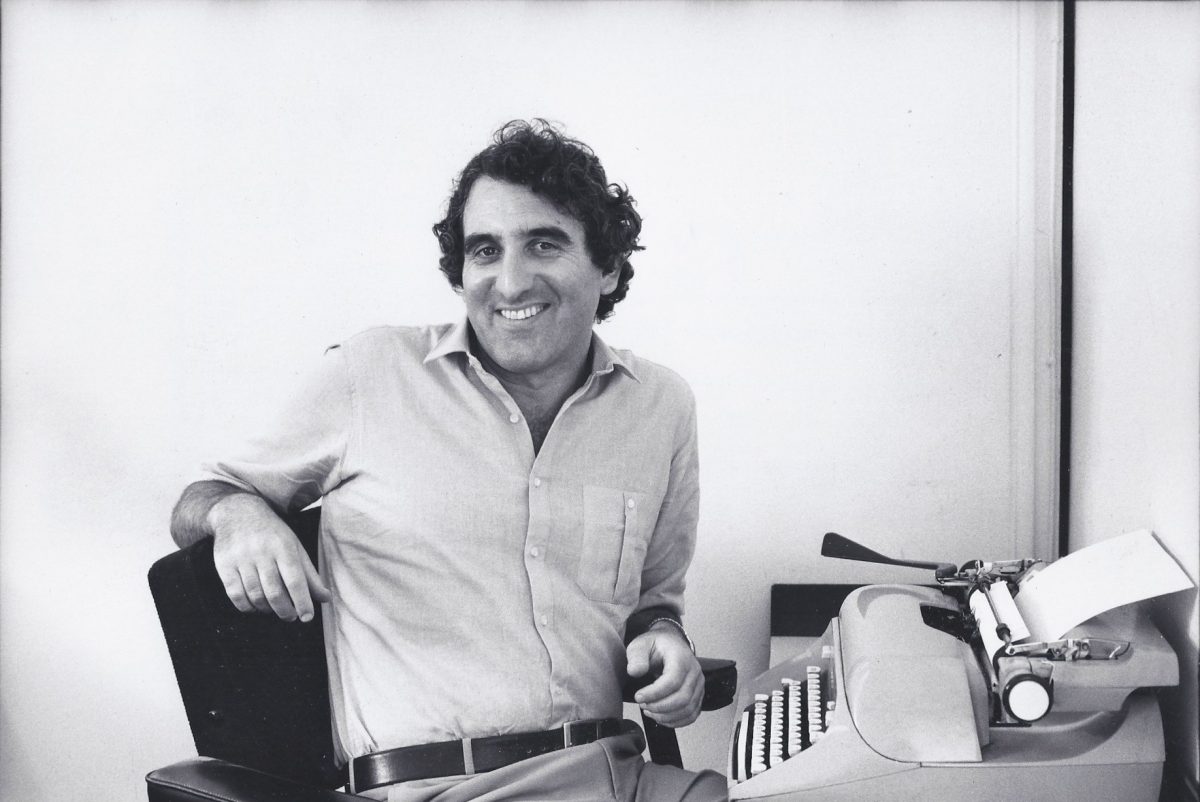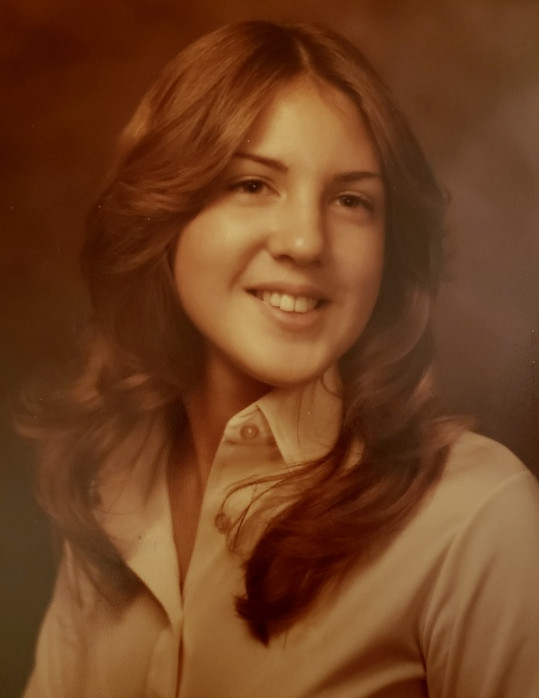Ian Douglass (MSJ06)
The pioneer era of North American professional wrestling reached its peak just as tens of thousands of Scottish families were forcefully evicted from their residences in the Scottish Highlands, bringing their culture, their customs, and the legacy of the Scottish clan system across the world with them. As a result, dozens of Caledonian organizations sprouted up, creating a formal network of Highland Games events, at which substantial money was awarded to the winners of athletic contests. Between 1870 and 1905, a select few Scottish athletes leveraged this network into fame on the growing North American professional wrestling circuit, and made contributions to the business that are still visible today.
In “Highland Games and Hippodromes: Scottish Identity and Influence at the Dawn of the American Pro Wrestling Industry,” Ian Douglass explores the role that the culture of Scots and Scottish immigrants played in shaping the bedrock of the wrestling business that still exists today, and also sheds unprecedented light on the fact that the matches contested on the wrestling mats of the late 19th and early 20th centuries weren’t nearly as authentic and innocent as has often been reported.
